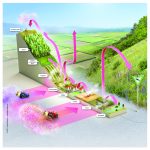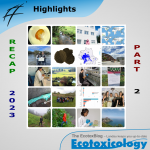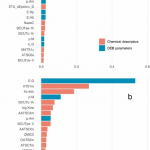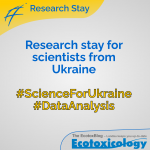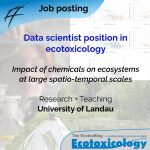In this post, Landau alumni Jochen Zubrod talks about FXMATE, their new open-access tool developed to make ecotoxicity data analysis more transparent and reproducible through an intuitive and standardized statistical workflow.
Continue readingFXMATE: Statistical Evaluation of Ecotoxicity Effects MAde Totally Easy


